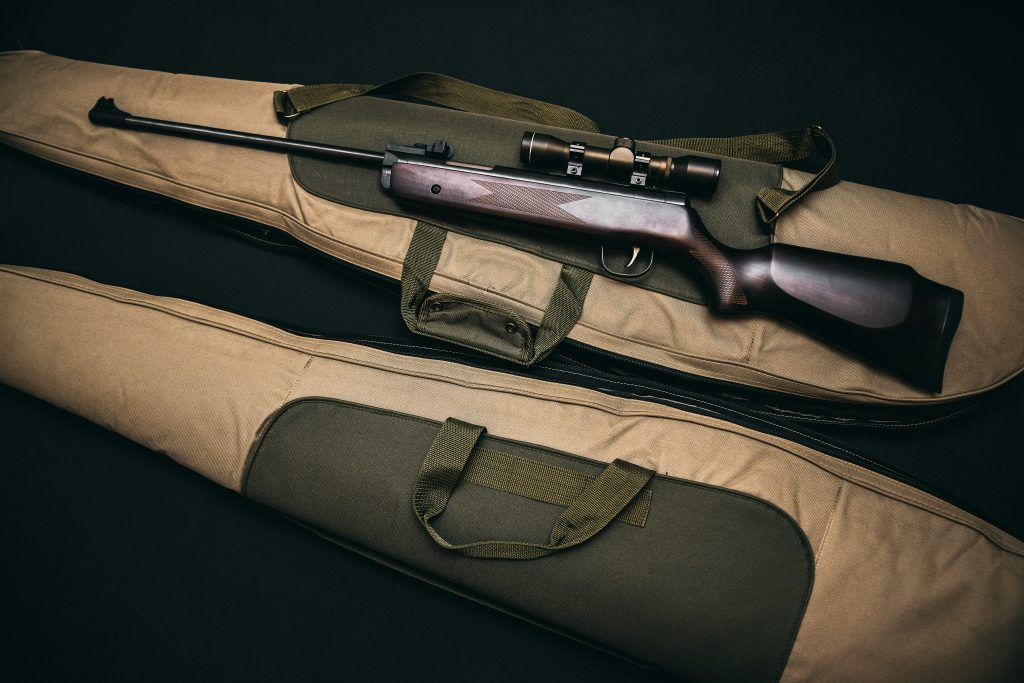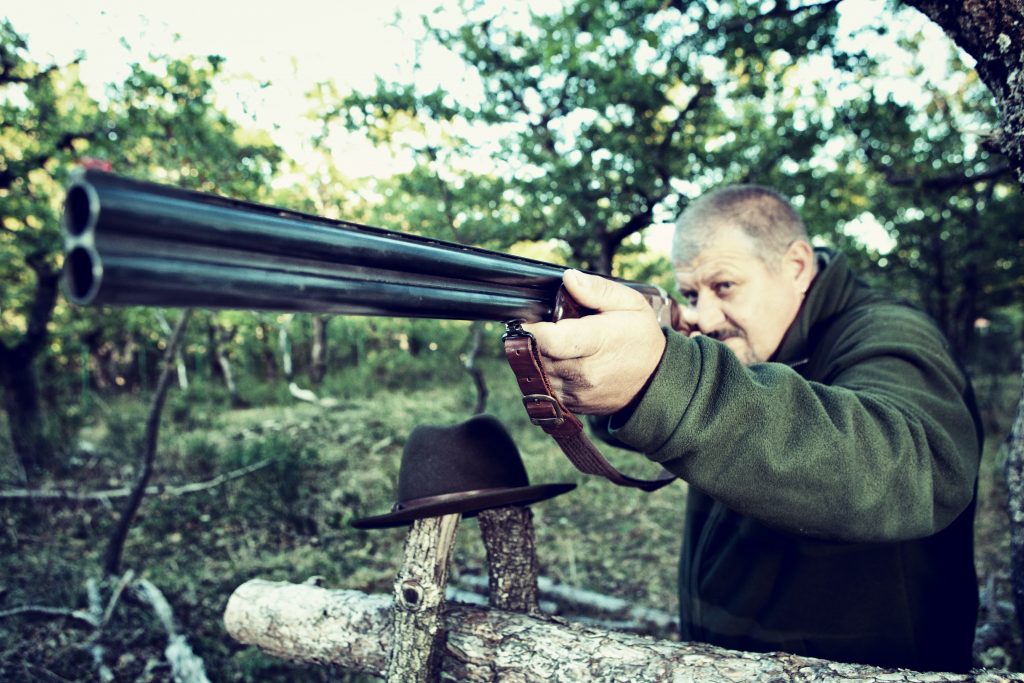No products in the cart.
There’s nothing more crucial when it comes to a successful hunting expedition than having the best hunting rifle. Whether you’re going out for your first time or the twentieth, everything comes down to choosing a rifle that fits your needs and hunting style. Choosing a good hunting rifle is more than just getting measurements and caliber right. Generally, there are more considerations to think about. Like many hobbies, starting with a beginner piece of equipment is an excellent first step.
The general rule of buying guns is that you’ll move to a higher quality piece as finances and skill level improve. This means you need to be thinking ahead if you ever want to pass down that rifle to a younger hunter in the future. But assuming you want a good hunting rifle, here are tips to help guide your buying process.

1. Consider Your Target Game
The best hunting rifle for your expedition depends on what you’re hunting. In short, will you be hunting smaller or larger games? For example, hunting giant game like moose and bear requires powerful caliber rifles. To pick an ideal rifle for hunting smaller games such as rabbits or squirrels, a smaller rifle like .223 or .22 is ideal. A smaller rifle also ensures the meat isn’t damaged too much. When visiting the firearm shop for a hunting rifle, ensure you have your target game in mind before picking your target rifle.
2. Check the Rifle Cartridge
The rifle cartridge, also known as the bullet, is key to any hunting expedition. It’s also key to any hunting rifle. Every gun is designed to shoot only specific cartridges. So, if you’re planning to hunt big game, plan. In most cases, you won’t find such a rifle in a basic hunting collection. If you’re a beginner, consider choosing a simple point-of-entry hunting rifle that’s designed to shoot a .308 Winchester or .30-06 Springfield. As mentioned above, you’ll need to go for a .223 Remington if you plan to hunt a smaller game. Remember, choose a powerful cartridge that can take down your game with a single shot.
3. Assess Materials
Hunting rifles are available at various price points – and for good reasons. However, it’s crucial to know what sets apart quality rifles and just-plain-cheap rifles. This helps you avoid making a poor investment choice by choosing the ideal barrel and stock materials. Many hunting rifles feature carbon steel or stainless steel for the barrel and different metal components. Generally, carbon is cheaper. However, it’s more susceptible to rust than stainless steel. But if you’re big on frequent rifle maintenance, you can still opt for the carbon steel.
4. Light, But Not Too Light
Carrying a ten-pound rifle up hills changes your firearm from an all-around rifle to an all-around anchor. Before heading to the mountains, choose a rifle that weighs seven pounds or less. On the other hand, a light five-pound rifle can kick like a donkey in a mule fight and isn’t ideal for precision shots. It also makes spotting follow-up shots difficult. For this reason, try and strike a balance between not too light and not too heavy. If you’re still not sure, seek assistance from someone who’s been around hunting rifles for a long time.
5. Plan for the Optics
Most first-time hunters fall into the trap of buying an excellent rifle and forget to budget for a rifle scope. To avoid this, plan and budget for your optics. This ensures you’re not stuck with a useless rifle when you head out hunting. Based on your budget, experts recommend spending between 50 and 100 percent of your rifles’ initial amount on a scope. At the firearms shop, ask the assistant to pinpoint to you the best Red Dot Sight scope for your gun. If you already have a scope, don’t forget to mount it and get comfortable with it before heading out to hunt.
6. Assess an Action Plan

The rifle action works by eliminating fired cartridges and loading new cartridges into a rifle’s chamber. Now that you know what an action plan is, you should understand how hunting rifles work. Generally, hunting rifles are designed to fire single or repeat shots. This means selecting the correct type of action plan is a matter of preference. Some hunters are comfortable with single-shot rifles, which increase the urge to make a perfect shot the first time. Others are comfortable with repeating rifles.
These are ideal for first-time hunters as they reduce the pressure. You can only determine what’s ideal for you by spending time with different rifles.
Consider working with an experienced gunsmith to find the best hunting rifle that suits your needs. These experts will give you the knowledge you need to become an expert gunsmith.
Before choosing a specific rifle, remember to do your homework long before you make a purchase. Also, don’t be afraid to ask questions. Test different kinds of rifles and talk to different hunters and know what they prefer. Have fantastic hunting!
